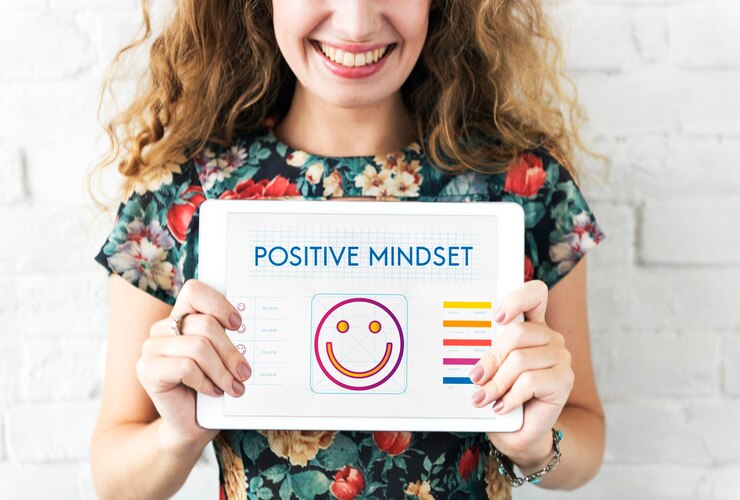Positive Psychology

Positive Psychology is a branch of psychology that focuses on the study and promotion of positive aspects of human experience, such as happiness, well-being, strengths, and fulfillment. Unlike traditional psychology, which often emphasizes the treatment of mental illness and dysfunction, positive psychology aims to enhance the quality of life by fostering positive emotions, strengths, and life satisfaction.
Key Concepts in Positive Psychology
Happiness and Well-being: Exploring factors that contribute to a person’s overall sense of happiness and life satisfaction.
Character Strengths: Identifying and cultivating personal strengths such as resilience, courage, and kindness.
Positive Emotions: Encouraging experiences and expressions of positive emotions like joy, gratitude, and love.
Engagement: Fostering involvement in activities that lead to a state of flow or deep engagement.
Meaning and Purpose: Helping individuals find meaning and purpose in their lives through goals, values, and contributions.
Relationships: Enhancing social connections and positive relationships, which are crucial for well-being.
Achievement: Supporting the pursuit and accomplishment of personal and professional goals.
Resilience: Building the ability to bounce back from adversity and maintain well-being in the face of challenges.
What Does a Positive Psychologist Do with a Client?
- Assess Strengths and Positive Traits: The psychologist helps the client identify their personal strengths, virtues, and positive traits. This involves using assessments, interviews, or self-reflection exercises to uncover these qualities.
- Promote Positive Emotions: The psychologist works with the client to increase experiences of positive emotions such as gratitude, joy, and optimism. This might involve exercises like gratitude journaling or savoring positive experiences.
- Enhance Well-being: The psychologist helps the client improve their overall sense of well-being by setting and working towards goals that align with their values and aspirations.
- Foster Meaning and Purpose: The psychologist supports the client in exploring and finding meaning and purpose in their life, helping them connect their daily activities to larger life goals and values.
- Encourage Engagement and Flow: The psychologist encourages the client to engage in activities that promote a state of flow—deep involvement and enjoyment in activities that match their skills and interests.
- Strengthen Relationships: The psychologist helps the client improve and nurture positive relationships by developing skills in communication, empathy, and social connection.
- Build Resilience: The psychologist works with the client to develop resilience and coping strategies for dealing with life’s challenges and setbacks, focusing on how to bounce back from adversity.
- Set and Achieve Goals: The psychologist helps the client set meaningful and achievable goals, and provides support and guidance in working towards these goals.
- Implement Positive Interventions: The psychologist uses evidence-based interventions and exercises designed to boost positive emotions and overall life satisfaction, such as mindfulness practices, strengths-based activities, and positive affirmations.
- Evaluate and Reflect: The psychologist and client regularly evaluate progress towards well-being and goal attainment, reflecting on successes and areas for further growth.
Benefits of Working with a Positive Psychologist
- Increased Life Satisfaction: Clients experience greater overall satisfaction with their lives through the cultivation of positive emotions and meaningful experiences.
- Enhanced Resilience: Clients build resilience and learn effective strategies for managing stress and adversity.
- Improved Relationships: Clients develop stronger and more fulfilling relationships through enhanced communication and social skills.
- Greater Self-Awareness: Clients gain insight into their personal strengths, values, and goals, leading to a better understanding of themselves.
- Increased Engagement: Clients find more joy and fulfillment in activities that match their interests and skills.
- Enhanced Well-being: Clients experience improved mental health and emotional well-being as they focus on positive aspects of their lives.
- Achievement of Goals: Clients set and achieve meaningful goals, leading to a sense of accomplishment and purpose.
- Positive Behavior Change: Clients adopt positive behaviors and habits that contribute to their overall well-being.
- Greater Optimism: Clients develop a more positive outlook on life and the future.
- Fulfillment and Meaning: Clients find greater meaning and purpose in their lives, leading to a deeper sense of fulfillment.
